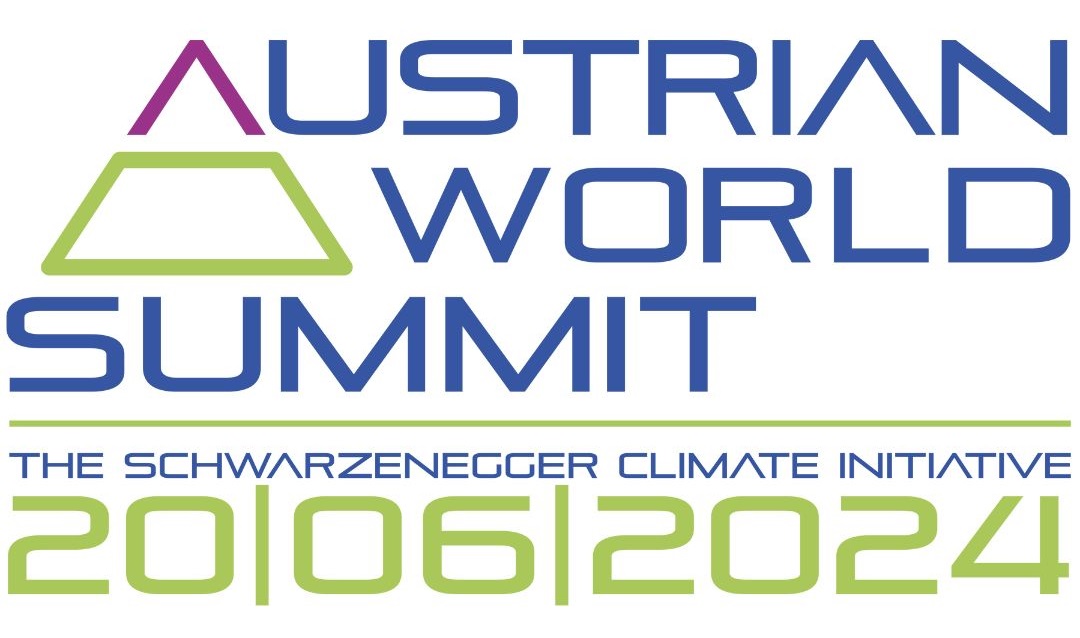The 45th International Vienna Motor Symposium will be taking place in the Vienna Hofburg - Imperial Palace from 24 to 26 April 2024. Participants from over 25 nations are expected to attend the event. Bernhard Geringer, Chairman of the Austrian Society of Automotive Engineers (ÖVK) and organiser of the symposium gave a foretaste of the main discussion topics at a press meeting. Uwe Dieter Grebe, Head of Business Development, International Operations, Powertrain Engineering and Racing at AVL List GmbH in Graz, and Arnd Franz, Chairman of the Management Board and CEO of the MAHLE Group in Stuttgart explained the importance of competition between technologies for the entire automotive industry and the role that hydrogen will play in the mobility mix.
For Uwe Grebe, "the electric powertrain will occupy a significant share of the mobility system in the future. Nevertheless, we must take an open approach to technology because different regulatory provisions apply worldwide. A sustainable energy industry necessitates the storage and transport of large amounts of energy. This can only be achieved with the help of molecules over long distances. We need to think about the right allocation of energy sources to all primary power users."
According to Bernhard Geringer, hydrogen is part of the future. He believes that it allows for emission-free mobility, for instance in combination with fuel cells, but is also interesting as a storage possibility for green electricity, which can thus be transported over long distances: "Be it on the race track in Le Mans or in heavy commercial vehicles, numerous applications of this alternative fuel are currently being tested."
"We need the competition of ideas and technologies", stresses Arnd Franz. "In addition to electromobility, sustainable fuels will be an important energy source for the transport sector. Therefore, we must press ahead with the development of the corresponding infrastructure and powertrains." Franz points out to the importance of the International Vienna Motor Symposium, which has been the meeting place for board members and executives from around the world and for leading research institutions for 45 years. Geringer believes that "green electricity is competing against green hydrogen and synthetic fuels from regenerative sources. The race is open, and it is becoming increasingly evident that there will not be just one solution path."
Autonomous driving on the agenda for the first time
According to Geringer, experts at the symposium will not only dealing with powertrains and energy supply, but also with autonomous driving. He was able to bring an internationally known company in this field on board as a new partner for the symposium, the Vienna-based TTTech Auto GmbH, which initiated "The Autonomous" event in Vienna. This year, Stefan Poledna, Chief Technology Officer at TTTech Auto GmbH will be debating the opportunities and challenges of autonomous driving with renowned experts for the first time during a panel discussion.
Industry highlights of the last 45 years: three-way catalytic converter, biofuel, and the "three-litre car"
The initial impulse for the Vienna Motor Symposium came from Hans Peter Lenz, then Chair of the Institute for Internal Combustion Engines and Automotive Engineering at the Vienna University of Technology. Within a very short time, the symposium evolved into an internationally coveted stage for an open exchange of opinions between top experts in the automobile industry. The list of speakers featured legendary personalities like Ferdinand Piëch, Volkswagen AG, and current CEO like Ola Källenius, Mercedes-Benz Group, Luca de Meo, Renault, Shailesh Chandra, Tata Motors Passenger Vehicles Ltd., or Stefan Hartung, Robert Bosch GmbH.
Catalytic converters come to the rescue of dying forests
The developments presented at the symposium over the years reflect the problems prevalent at the respective time. The three-way catalytic converter, for instance, was introduced here in the early 1980s as a solution against forest dieback; biofuels such as vegetable oil or ethanol were meant to secure fuel supply. In 1991, then Audi CEO Ferdinand Piëch explained that a three-litre car was not meant to have a 3-litre engine, but a consumption of 3 litres of fuel per 100 km. As of the late 1990s, ever stricter air quality standards resulted in an enormous development push in exhaust after-treatment, especially in diesel engines. At the beginning of the noughties, the CO2 issue led to the introduction of the first models with battery electric or fuel cell powertrains.
"The debate is far from over" says Bernhard Geringer. Instead, it will include new topics like connected and automated driving.
For further information, visit https://wiener-motorensymposium.at/ and https://oevk.at/
Press office Vienna Motor Symposium:
Melzer PR Group; Mrs. Christina Danner
Tel.: +43-1-526 89 080,
E-mail: c.danner@melzer-pr.com
www.melzer-pr.com
Short info on the Austrian Society of Automotive Engineers
The Austrian Society of Automotive Engineers (ÖVK) was founded in 1985 and has 750 ordinary members. Its objective is to promote the useful application of automotive engineering. The ÖVK organises scientific events in an effort to enhance and promote the level of knowledge among mechanical engineering experts and other relevant target groups. The International Vienna Motor Symposium was initiated by Professor Hans Peter Lenz. It took place for the first time in 1979 and has been organised by ÖVK since 1985. Professor Dr. Bernhard Geringer has been the Chairman of the ÖVK since 2017.
About AVL
With more than 11,200 employees, AVL is one of the world’s leading mobility technology companies for development, simulation and testing in the automotive industry, and beyond. Drawing on its pioneering spirit, the company provides concepts, solutions and methodologies for a greener, safer and better world of mobility.
From ideation phase to serial production, the company covers vehicle architectures and platform solutions including the impact of new propulsion systems and energy carriers. As a global technology provider, AVL’s offerings range from simulation, virtualization and test automation for product development to ADAS/AD and vehicle software. The company combines state-of-the-art and highly scalable IT, software and technology solutions with its application know-how, thereby offering customers extensive tools in areas such as Big Data, Artificial Intelligence, Cybersecurity or Embedded Systems.
AVL's passion is innovation. Together with an international network of experts at more than 90 locations and with 45 Tech and Engineering Centers worldwide, AVL is supporting customers in their mobility ambitions. In 2022, the company generated a turnover of 1.86 billion Euros, of which 11 % are invested in R&D activities to ensure continuous innovation.
For more information: www.avl.com
About MAHLE
MAHLE is a leading international development partner and supplier to the automotive industry with customers in both passenger car and commercial vehicle sectors. Founded in 1920, the technology group is working on the climate-neutral mobility of tomorrow, with a focus on the strategic areas of e-mobility and thermal management as well as further technology fields to reduce CO2 emissions, such as fuel cells or highly efficient, clean combustion engines that also run on synthetic fuels or
hydrogen. Today, one in every two vehicles globally is equipped with MAHLE components.
MAHLE generated sales of more than EUR 12 billion in 2022. The company is represented with around 72,000 employees at 152 production locations and 12 major research and development centers in 30 countries.
#weshapefuturemobility


